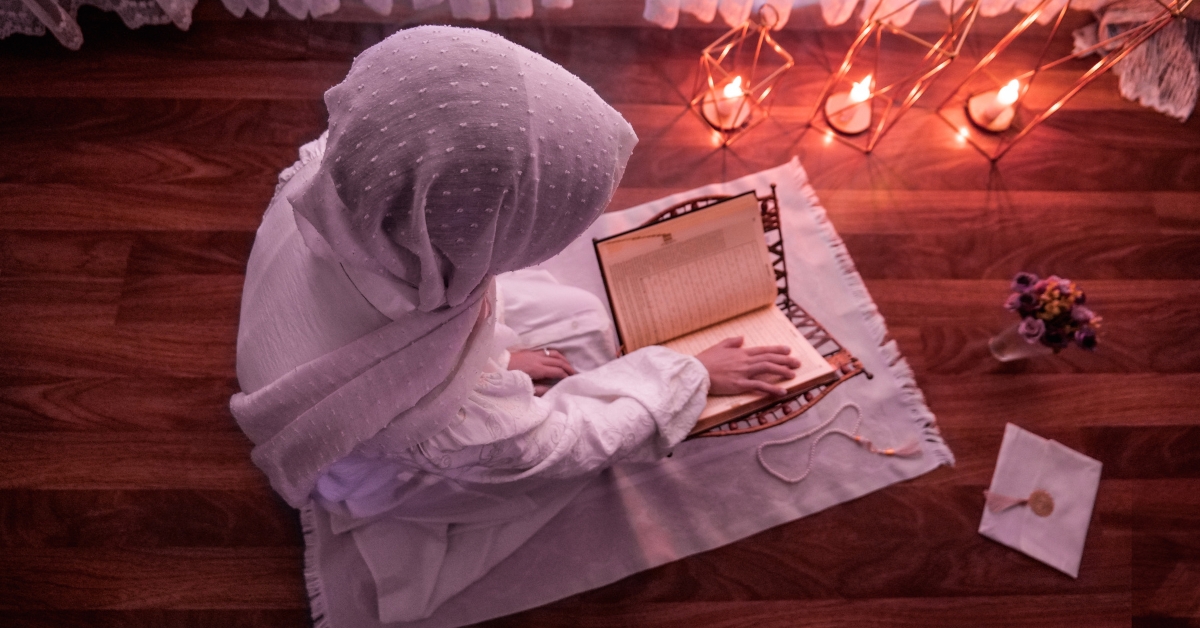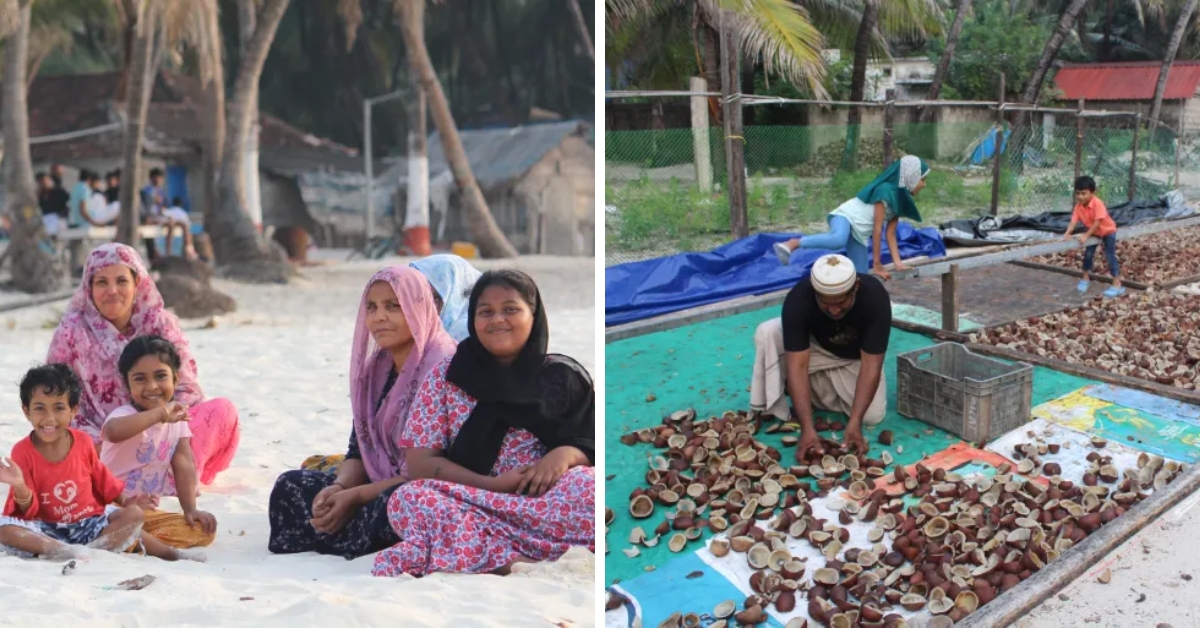Polygamy – Explore Uttarakhand’s pioneering move towards legal reform by adopting a Uniform Civil Code, aiming for equality, justice, and simplified laws across all communities.
Table of Contents
Dehradun – Uttarakhand is on the brink of making history by considering the adoption of a Uniform Civil Code (UCC), signaling a major shift towards equal rights and legal standards for all its citizens, regardless of their religion.
This groundbreaking move is centered around a draft that proposes ending polygamy and child marriages, aiming to unify and simplify the complex web of personal laws currently governing the state’s diverse population.
Key Recommendations for a Fairer Society
A dedicated team of five members has compiled an extensive report under the leadership of Ranjana Prakash Desai, a respected former Supreme Court judge.
This 749-page report, now in the hands of Chief Minister Pushkar Singh Dhami, outlines several progressive recommendations.
It will be thoroughly reviewed and discussed before becoming law, and a presentation is scheduled in the state assembly on February 6.
The panel’s suggestions include setting a single, marriageable age for everyone and ensuring boys and girls have equal rights to their family’s property.
It also wants to make it a must for all marriages to be officially registered.
It suggests that girls should reach a certain age, ideally after completing their education, before they can marry.
A Historic Legislative Session Ahead
This UCC draft will be considered during a special assembly session planned for February 5-8.
Should this legislation pass, Uttarakhand will set a precedent as the first state post-independence to embrace a UCC, following in the footsteps of Goa, which has a similar code from the time of Portuguese rule.
Broad and Inclusive Changes Proposed
The draft is ambitious and broad, covering various aspects of civil law, including marriage, divorce, property rights, and adoption.
It seeks to abolish outdated practices and ensure that women, including those from Muslim communities, have the right to adopt children.
The draft also aims to regulate live-in relationships through a legal declaration.
Notably, the draft avoids population control issues and does not apply to Scheduled Tribes comprising 3% of Uttarakhand’s population.
Thus, it focuses on general legal uniformity while respecting the unique identities within the state.
Enhancing Legal and Social Welfare
Under the draft, divorce procedures are set to become more formalized, with a universal set of conditions applicable to everyone and a mandatory court process.
It even addresses the welfare of children and families after divorce, ensuring family members are financially secure during a tragedy.
Awaiting Public and Legal Review
Once presented in the assembly, the draft report will be open to public and legal scrutiny, a crucial step towards understanding its potential impact on Uttarakhand’s diverse society.
Conclusion
Uttarakhand’s move toward a uniform civil code marks a significant step in pursuing legal equality and social justice.
By proposing reforms that aim to simplify and unify the state’s legal system, Uttarakhand is paving the way for a more equitable society.
As the state assembly prepares to discuss this landmark legislation, all eyes are on Uttarakhand, which is taking a bold stride toward creating a legal framework that respects and protects the rights of all its citizens.






